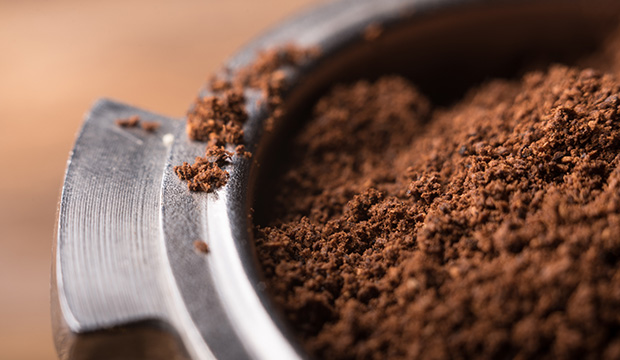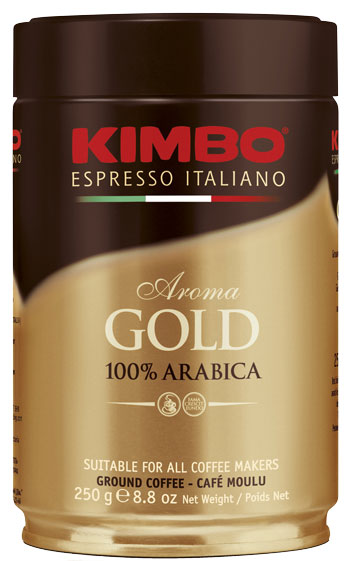
Unavailable Article No. 11374
Article No. 11374
Coffee inspires with its aromas
A coffee pot on the fire is enough to fill a room.
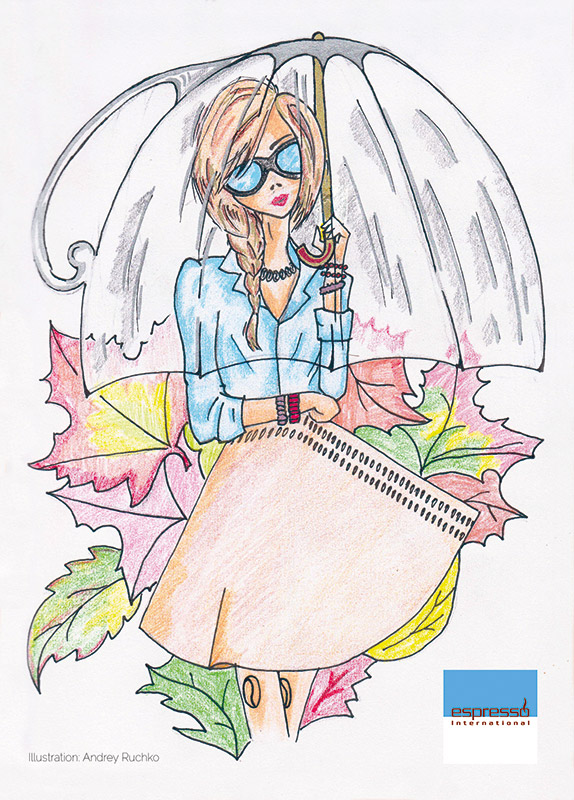 Leafing through the pages of Tre cavalli (Three Horses), a novel by Erri De Luca dating back to 1999, one discovers a story of life, hope and rebirth, centered on the sense of humanity of his characters, where, however, coffee finds space without excesses or pressure. Neapolitan, born in 1950, the Italian poet, author and writer preserves in his heart, like every good Neapolitan, coffee, symbol of a city that for centuries has been at the top of the production and realization of unique and inimitable fragrances all over the world, so as to become a beacon for inexperienced sailors in the immense sea of taste.
Leafing through the pages of Tre cavalli (Three Horses), a novel by Erri De Luca dating back to 1999, one discovers a story of life, hope and rebirth, centered on the sense of humanity of his characters, where, however, coffee finds space without excesses or pressure. Neapolitan, born in 1950, the Italian poet, author and writer preserves in his heart, like every good Neapolitan, coffee, symbol of a city that for centuries has been at the top of the production and realization of unique and inimitable fragrances all over the world, so as to become a beacon for inexperienced sailors in the immense sea of taste.
All regular coffee consumers, however, when drinking a hot cup, with a narrow or elongated blend, American or local, do not pay attention to the long and meticulous procedure behind a perfectly balanced aroma.
Ground coffee: to each one its own
From the plant to our tables or the counter of a bar, the coffee road is long and articulated, dotted with so many procedures and steps that just thinking about them would let the drink cool in the cup. Among the most important steps we can surely find that of grinding.
The grinding of roasted coffee beans, in powder more or less fine, is a technique that was already known to the ancient inhabitants of the Middle East, then spread throughout the European continent. Thus, a ground coffee unique for its taste and intensity of aroma arrives in our homes, accompanying the days and coffee breaks at the work of millions of people, in different ways according to taste and preferences, with delicacies that satisfy every palate. Moreover, the ground coffee, compared to its original form that still presents itself in the form of beans, is able to release more of its aromatic substances already at the opening of the package.
Lavazza, Quarta Caffè, Speicherstadt, Illy...and again Hausbrandt, Passalacqua, Kimbo. Each roaster presents its own personal ground coffee, made using individual techniques, which also vary in terms of roasting and the entire technical and industrial sector.
Grinding, as large companies teach not only to baristas or owners of premises, but also to those who want to try their hand in their own home, is not a phase to be underestimated, but has a vital importance in the subsequent tasting of the same drink.
Ground coffee declined in all ways
An excellent ground coffee must be neither too fine nor too coarse, otherwise it will have a lower quality and a less emphasized and exalted aroma.
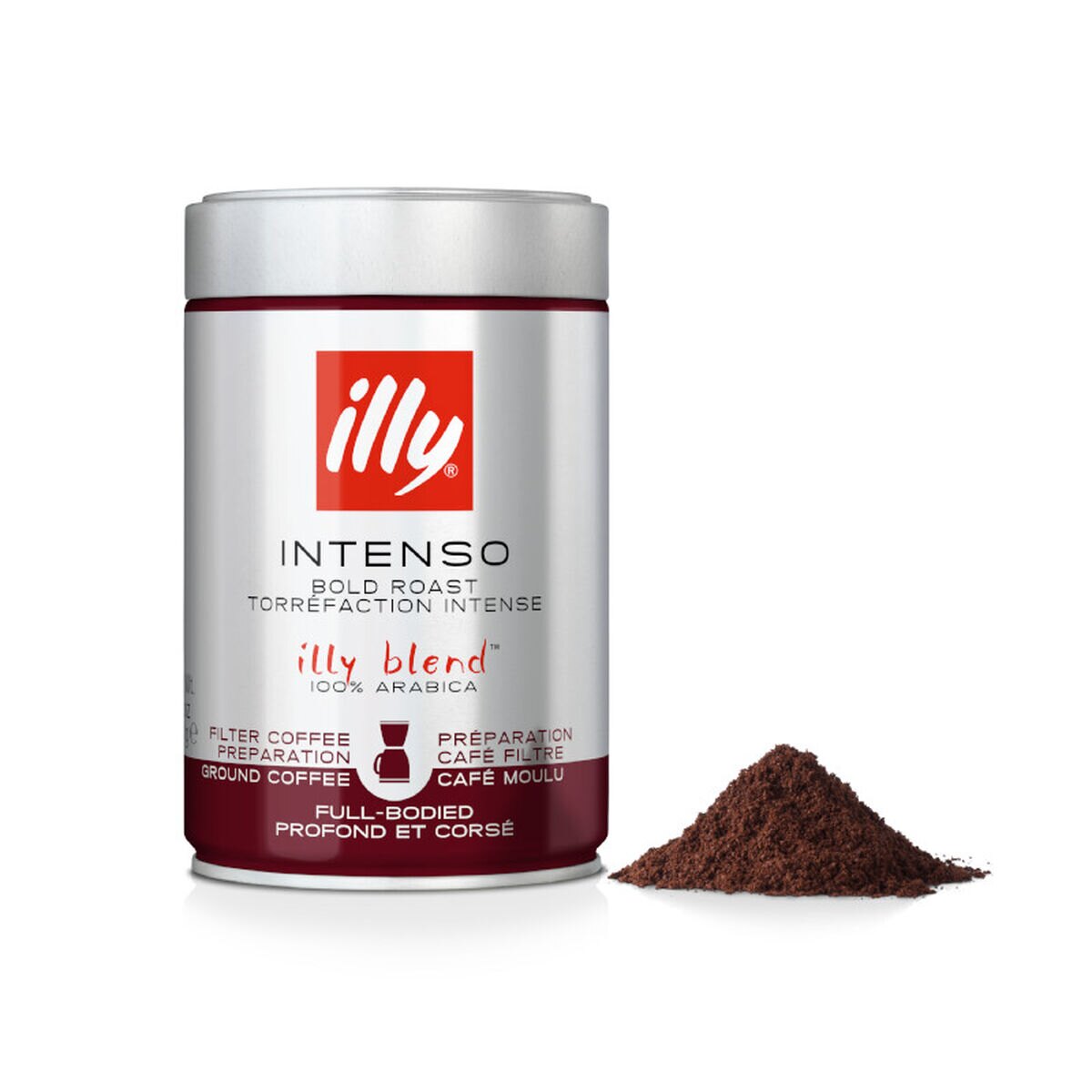 Illy offers various nuances of taste of its ground coffee, emphasizing them thanks to the different degrees of roasting. They range from the Classic roast, for all those who prefer a cup of coffee with a smooth and harmonious taste, to the Intenso roast, for those who prefer one with a strong taste, up to the decaffeinated version. But that's not all: the peculiarity of illy also lies in the offer of its different blends in different degrees of grinding, suitable for the type of drink you want to prepare. So we find the Classic ground roast for espresso coffee, for mocha and filter coffee and the Intenso ground roast for espresso and filter coffee.
Illy offers various nuances of taste of its ground coffee, emphasizing them thanks to the different degrees of roasting. They range from the Classic roast, for all those who prefer a cup of coffee with a smooth and harmonious taste, to the Intenso roast, for those who prefer one with a strong taste, up to the decaffeinated version. But that's not all: the peculiarity of illy also lies in the offer of its different blends in different degrees of grinding, suitable for the type of drink you want to prepare. So we find the Classic ground roast for espresso coffee, for mocha and filter coffee and the Intenso ground roast for espresso and filter coffee.
Also worthy of note is without a doubt the quality Kimbo Aroma Gold, which thanks to its medium-dark roasting and low caffeine content presents itself to the palate with a delicate taste, capable of taking the taste buds of consumers by the hand to guide them on a journey of pleasure.
Fruity flavours come from a bag of Speicherstadt Ebbe & Flut ground coffee, which accompanies coffee breaks at work and morning awakenings with its strong, decisive taste.
It is impossible not to think of the great cult movies of the Sixties in Italy when you read the name of Mamis Caffè "Dolce Vita", with its strong and marked flavor reminiscent of the power of acting in front of the cameras of the great Marcello Mastroianni in the homonymous masterpiece of Federico Fellini's cinema.
Coffee meets the grinder
Today it is possible to buy the packs of coffee directly ground during the production phase from the producers, thanks to a wise development by the roasters themselves, who go to help the consumer, in order to offer him a product ready for every occasion to be tasted with comfort and relaxation.
But this has not always been the case. At one time, in fact, grinding coffee in the home and at home was a widespread habit: coffee was bought in the roaster or in grocery stores still in beans and was then ground only when it was needed, just before consumption. The first prototypes of coffee grinders appeared simultaneously in Europe and Turkey during the XVII century.
In the land that was the cradle of the Ottoman Empire, for example, the grinders were made of a copper or brass cylinder. Externally carved or decorated with precious stones, they were equipped with a mechanism consisting of a vertical shaft that operated a knurled ferrule, often with a folding handle that inserted into the top of the grinder. It was only during the nineteenth century that several companies in Europe developed machines to create a perfect ground coffee, which led from the first model made by Richard Dearmann in Birmingham, England, in 1799 to the most modern electric coffee grinders, born in the mid-twentieth century.
The ground coffee of our times
A custom, that of grinding coffee in one's own home, which has been lost over the years, thanks to the evolution of large retailers and roasters, who have developed an increasingly innovative packaging, often in a protective atmosphere and therefore with a long shelf life.
The ground coffee, however, should not be understood only as the powder that we use every day inside our mocha, excellent to wake up in the morning before an intense and long day of work or study. Ground coffee, in fact, can also be perfect for automatic coffee machines, or to prepare an excellent and relaxing filter coffee and, of course, for machines with filter arms like the ones in bars all over the world.
For this last option there is no lack of opportunities, satisfying the preferences of all palates and the needs of every slice of the market. They range from softer blends, mostly composed of Arabica coffee and offering a rounder and softer taste experience, among which the Trieste offer of Hausbrandt Ground Espresso, to stronger and more intense blends, mainly suitable for those who need strong flavors, such as the fourth coffee Quarta Caffè Espresso Stuoia Famiglia. Depending on the size of the grind, a ground coffee that is best suited to domestic or professional use is diversified: coarse for the mocha or filter, finer for portafilter machines.
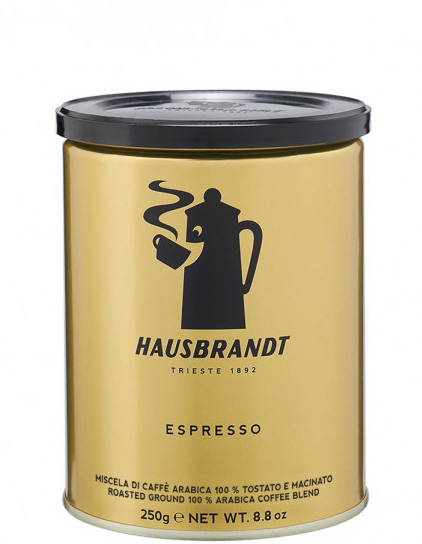 Every machine yearns for its ideal ground coffee, excellent to provide the consumer with his favorite blend served in the best way, to enhance the aromas and flavors of a drink from ancient tradition.
Every machine yearns for its ideal ground coffee, excellent to provide the consumer with his favorite blend served in the best way, to enhance the aromas and flavors of a drink from ancient tradition.
Coffee: a companion for life everywhere
So many methods in short, united as always by a single common denominator: ground coffee. As during math homework at school, where the exercises asked to gather different fractions under a common denominator to solve the equations, so the world of blends is united under the only flag of ground coffee. Whether it is thanks to the skillful and skillful hand of an established and experienced barista or thanks to the most rudimentary and amateurish preparation at home, ground coffee has been filling our lives for centuries, making our days - and for some even the nights of work or study "crazy and desperate" - much more satisfying, intense and productive.

